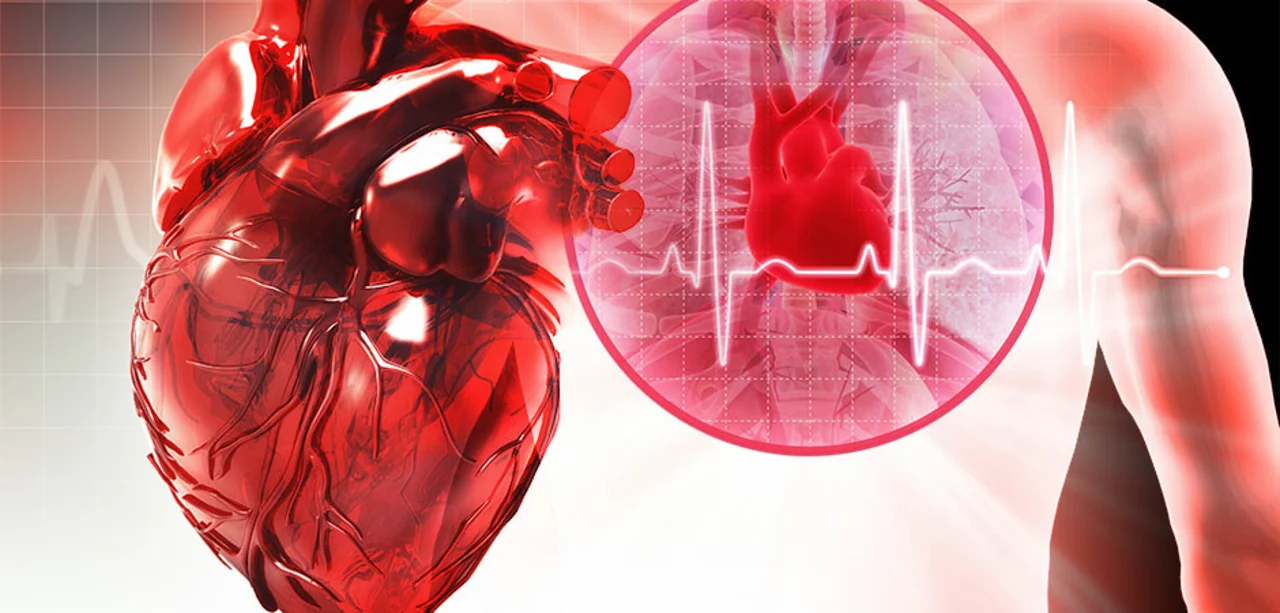Heart rhythm: causes, signs, and what to do
Ever felt your heart race, skip, or flutter and wondered if it’s serious? That feeling is usually your heart’s rhythm acting up. Most times it’s harmless, but sometimes it points to a problem that needs attention. This page explains common causes, clear warning signs, and simple steps you can take right now.
Common causes and triggers
Heart rhythm issues (arrhythmias) happen when the electrical signals that control your heartbeat don’t work right. Common causes include:
- Irregular heartbeat types like atrial fibrillation, premature beats (PVCs/PACs), and supraventricular tachycardia. Each feels different — some flutter, some race.
- Heart disease, high blood pressure, or past heart attacks can change the heart’s wiring and trigger arrhythmias.
- Electrolyte problems (low potassium or magnesium), thyroid problems, fever, and dehydration often cause palpitations.
- Medicines and substances. Stimulants (caffeine, nicotine), some cold meds, certain antidepressants, and even some antihistamines or antibiotics can affect rhythm. For example, strong interactions or high doses of some drugs may raise risk — always check with a pharmacist before mixing meds.
What to watch for and simple steps you can take
Symptoms to pay attention to: a fast or pounding heartbeat, skipping beats, dizziness, chest tightness, fainting, or sudden breathlessness. If you have chest pain, fainting, or major breathlessness, call emergency services right away.
For non-emergency symptoms try these practical steps:
- Sit down and breathe slowly. Anxiety and panic make palpitations worse.
- Cut back on caffeine, energy drinks, and alcohol for a few days and see if symptoms drop.
- Stay hydrated and check if you’re taking diuretics or other meds that change electrolytes.
- Ask your doctor to review all your medicines — prescription and over-the-counter. A quick med review by a pharmacist often finds triggers.
If symptoms repeat or last more than a few minutes, see your doctor. They may order an ECG, a 24–48 hour Holter monitor, blood tests (electrolytes, thyroid), or an echocardiogram to check how your heart is working.
Treatments range from simple lifestyle fixes and correcting electrolytes to medications (like rate-control drugs), procedures that reset rhythm, or blood thinners if stroke risk is high with atrial fibrillation. Your plan depends on the arrhythmia type, symptoms, and other health issues.
Got questions about a medicine you take or an online pharmacy? Talk to your pharmacist or doctor before changing anything. For reliable info on drugs and heart health, check trusted resources and ask a professional — and if something feels dangerously wrong, get emergency care right away.
The Effects of Smoking on Heart Rhythm
I recently delved into the topic of how smoking affects heart rhythm and it's quite alarming. Smoking is known to cause significant damage to our cardiovascular system, which includes disrupting the normal rhythm of our hearts. This can lead to conditions like atrial fibrillation, increasing our risk of heart attack and stroke. It's important to understand that even secondhand smoke can have a negative impact on our heart health. So let's all strive for healthier choices and work towards a smoke-free environment for the sake of our hearts.
- View More
- 14

